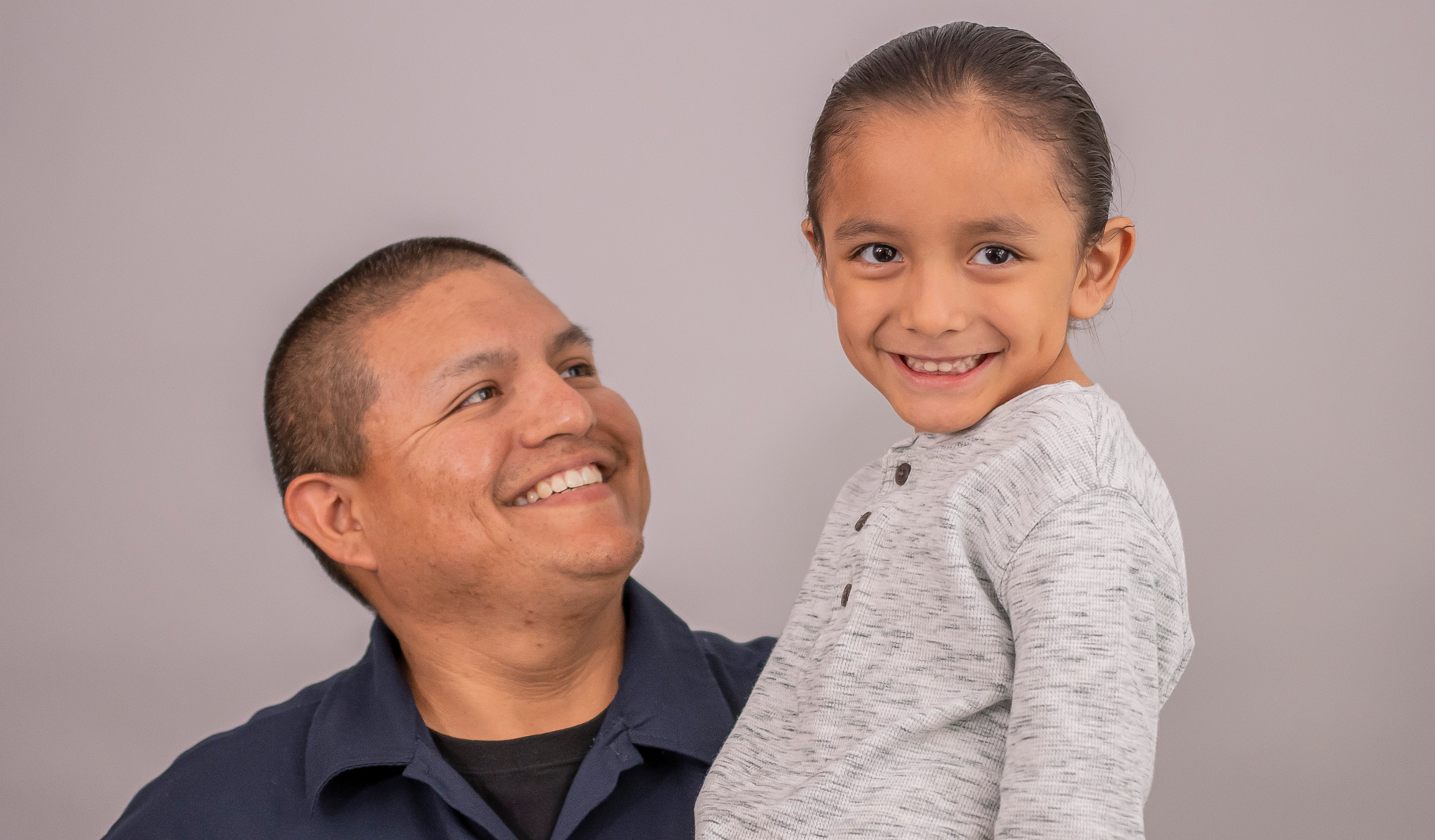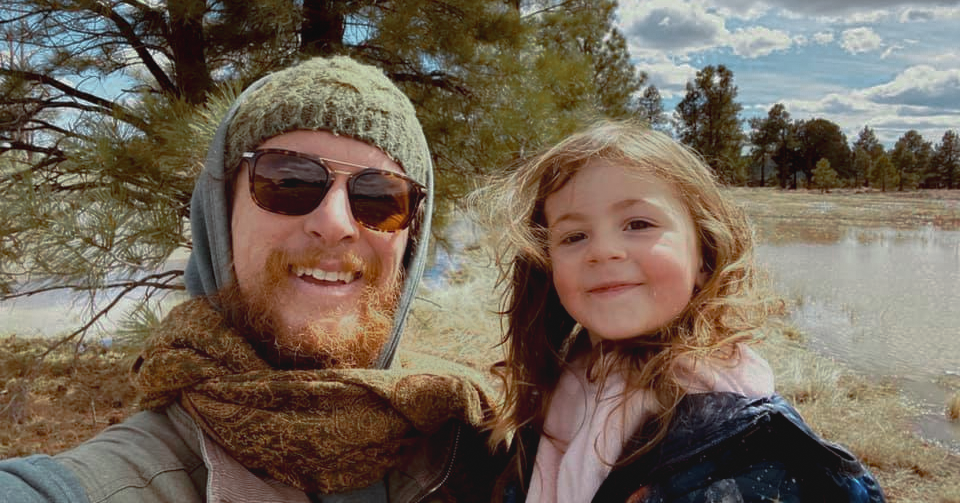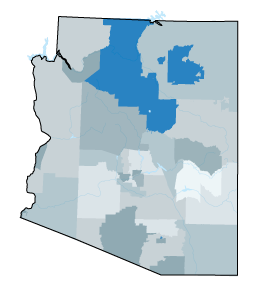
First Things First partners with families and communities to help our state’s youngest children prepare for kindergarten and beyond.
Many young children in Arizona face challenges that threaten their healthy development and learning. In the Coconino Region, there are 9,652 children (under age 6) with 27% living in poverty.
Here is how FTF is working to support young children and their families in this region.
|
“Early childhood matters to me, because we live in a world where parents are expected to know how to raise a child without any education on the subject. Since 90% of the brain is developed by age 5, sometimes parents miss the best years to educate their children. This issue is a multi- generational issue that must be addressed on all fronts.” Matt Ryan |
Coconino Regional Key Impact Highlights
[Fiscal Year 2020]

1,274 Families of newborns received the Arizona Parent Kit, filled with tips and tools to help support their child’s healthy development.
41 Families with young children participated in voluntary home visiting programs proven to reduce parental stress levels, increase connections to community supports, and improve children’s cognitive, motor, behavioral and social-emotional development.

1,110 Children attended preschools and child care programs participating in Quality First.
168 Children birth to age 5 received a Quality First scholarship to attend high-quality preschools and child care programs.

1,375 Children monitored to receive appropriate screenings to detect vision, hearing and developmental issues to prevent learning challenges later on.
347 Fluoride varnishes applied to protect against childhood tooth decay.
551 Children received a screening to detect tooth decay, which left undetected and untreated could cause damage to permanent teeth, impair speech development and failure to thrive.
61 Parents and other caregivers participated in evidence-based trainings designed to improve knowledge of parenting practices and children’s development.

Coconino Family Story
Flagstaff Quality First center provides stability for young girl during coronavirus pandemic
Earlier this year, Jan Meade and Tally Thomas were left feeling much uncertainty when the coronavirus pandemic started.
Both work in the healing industry in Flagstaff and depend on massage, acupuncture and other in-person healing methods for their income to provide for their family. They knew that the stress of not being able to continue working would create a huge burden on the family.
Before the pandemic, they both worked part-time in order to spend as much quality time with their family as possible.
Read moreFTF Coconino Regional Partnership Council
SFY20 Total Regional Program Expenditures
The FTF Coconino Regional Partnership Council is made up of volunteers who study the unique needs of the local community and decide how funds should be used to best support the healthy development and early learning of young children birth to age 5. FTF invests in proven programs and innovative strategies through grants to community organizations that provide services to children and families. Some of the programs in this region include Parents as Teachers, Smart Smiles and Healthy Steps.
| Quality Child Care and Preschool | $1,139,693 | 50% |
| Preventive Health | $597,815 | 26% |
| Strengthening Families | $348,734 | 16% |
| Parent and Community Awareness | $97,390 | 5% |
|
Research and Evaluation |
$67,996 | 2% |
| Workforce Development and Training | $41,484 | 1% |
| TOTAL |
$2,293,112 |

The FTF Coconino Region includes most of Coconino County, minus the Navajo Nation and the Hualapai Reservation, plus Winslow, the Hopi Reservation, and the Kaibab Paiute Reservation. The Havasupai Reservation is also part of the region. While the majority of the region’s young children live in or near Flagstaff, many live in towns or rural areas. The FTF Coconino Region includes Legislative Districts 6 and 7. (Legislative districts are not necessarily congruent with regional boundaries.)



